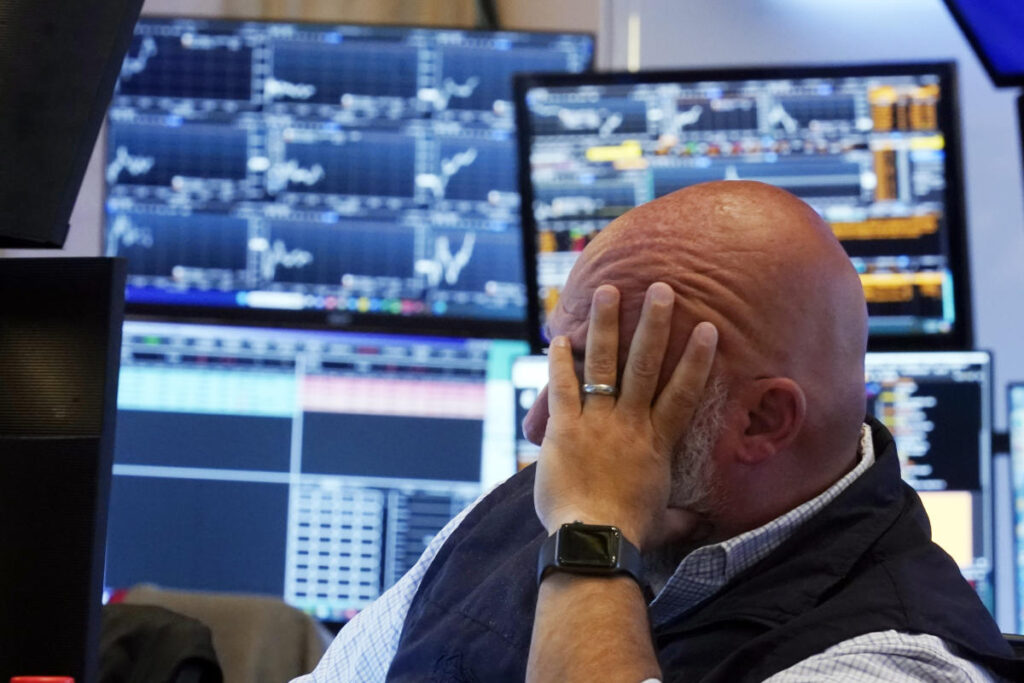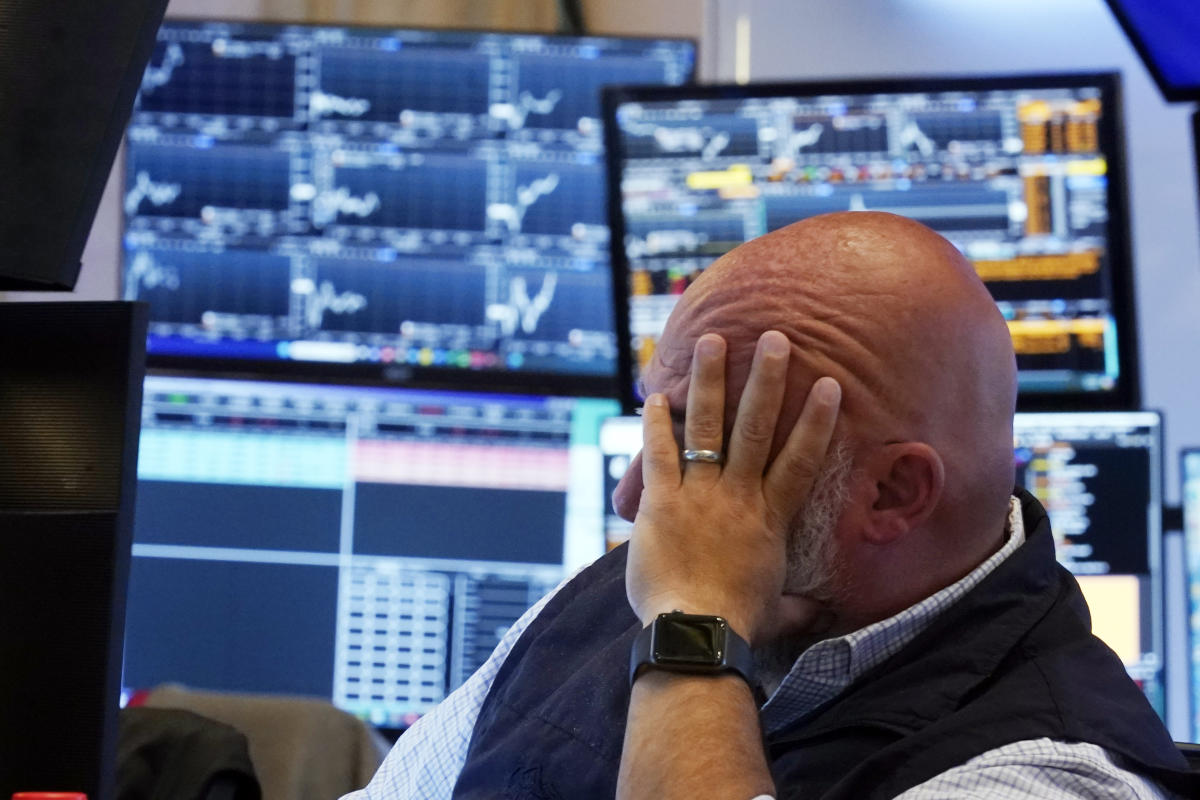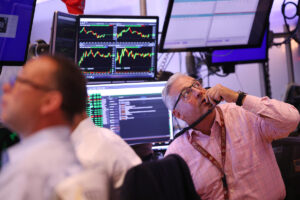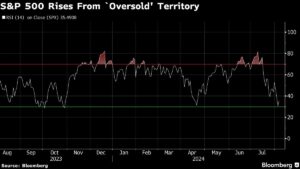Financial markets around the globe are falling. Here’s what to know about how we got here


NEW YORK (AP) — Markets on Wall Street and around the world are in a mini-panic. Worried about a slowing U.S. economy, investors sent the market in Japan to its worst day in decades and have sliced billions in market value off some of the world’s biggest technology companies. They’ve turned a relatively calm year in markets on its head.
For most of the year, investors worldwide drove stock markets higher, convinced that central banks were successfully, if haltingly, getting inflation under control, and buoyed by a healthy U.S. economy and the promise of artificial intelligence.
By June Nvidia, the leader in AI chipmaking, had joined Apple and Microsoft as $3 trillion companies. In mid-July, the S&P 500, Nasdaq composite and Japan’s Nikkei 225 had risen to all-time highs. Investors believed that the high interest rates put in place by the U.S. Federal Reserve were taming inflation without causing a sharp slowdown in the U.S. economy, the world’s largest.
That confidence has taken a hit the past few days. Investors are listening to warnings that Nvidia and other Big Tech stocks have gotten too expensive, and that massive spending on AI might not turn into profits for a while. Weak readings on the job market, manufacturing and construction last week sparked worries about a U.S. recession and criticism that the Fed waited too long to cut rates. Meanwhile, the Bank of Japan has started raising rates, causing turmoil in Japan’s markets.
On Friday, the Nasdaq composite went into a correction, which is a 10% decline from its most recent high. On Monday, the Nikkei plunged more than 12%, its worst drop since 1987. By midday in the U.S., the S&P 500 was down 2.2% and, the Dow Jones Industrial Average had dropped 2%. Oil and other commodities prices fell because of the economic worries.
Traders in the U.S. are betting the Federal Reserve will have to cut rates by half a percentage point in September instead of the usual quarter point. Some are calling for an emergency rate cut. However, there are opposing voices saying the sell-off is actually a good thing because stock prices had risen too high.
Here’s a look at what’s driving the turbulence in markets:
Inflation and central banks
Though the Fed hasn’t raised its benchmark rate in a year, interest rates remain at more than two-decade highs after the U.S. central bank raised them 11 times beginning in 2022 in an effort to get inflation down to its 2% target. Part of the Fed’s goal was to cool a red-hot labor market that rebounded after the pandemic recession with the rest of the U.S. economy.
Investors thought the Fed and other central banks were on track, even though inflation remained somewhat above their targets. The European Central Bank and the Bank of England cut once, and the Fed has signaled it was prepared to start cutting rates in September.
Anxiety over the U.S. economy
There had been some pockets of weakness in the U.S. economy, particularly spending by lower-income Americans, but overall the economy still grew at a rate of 2.8% in the second quarter. Then came last week’s economic reports.
On Friday, the government’s monthly report on the job market showed a significant slowdown in hiring by U.S. employers. Worries that the Fed may have kept the brakes on the economy too long spread through the markets. Reports on manufacturing and construction were also weak.
Big Tech
While technology stocks have been the biggest winners in the market’s runup this year, members of the highly influential group of stocks known as the “ Magnificent Seven ” underwhelmed investors in their latest earnings reports.
This handful of Big Tech stocks drove the S&P 500 to dozens of records this year, in part due to the frenzy around artificial-intelligence technology. But their momentum turned last month on worries investors had taken their prices too high and expectations for their profit gains had grown too difficult to meet, particularly with regard to artificial intelligence.
Apple fell 5% Monday after Warren Buffett’s Berkshire Hathaway disclosed that it had slashed its ownership stake in the iPhone maker. Nvidia lost more than $238 billion in market value Thursday and Friday and the stock was down another 7% Monday.
Japan’s slump
The Nikkei suffered its worst two-day decline ever, dropping 18.2% in the last two trading sessions. The wave of selling hit all sorts of companies, including Toyota, Honda and computer chip maker Tokyo Electron.
Share prices have fallen in Tokyo since the Bank of Japan raised its benchmark interest rate on Wednesday.
Analysts said factor one factor contributing to the falling share prices was carry trades. That when investors borrow money from a country with low interest rates and a relatively weak currency, like Japan, and invest those funds in places that will yield a high return. But the higher interest rates, plus a stronger Japanese yen, could force investors to selling stocks to repay those loans.
The yen rose to 143.25 for one U.S. dollar on Wednesday morning. It had topped 160 in the spring.








